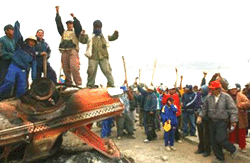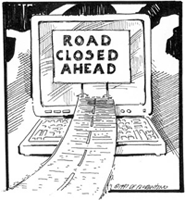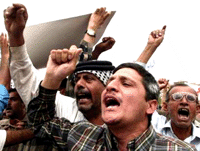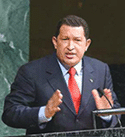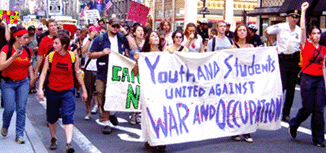
Creating Momentum: Youth and the Anti-War Movement
For the generation of activists politically shaped by the Vietnam War the similarities between then and now are striking; the nation is deeply divided and US soldiers fresh out of high school are dying by the hundreds each year. From heading national peace organizations to demonstrating weekly in their communities, these older activists are at the forefront of the movement. This was seen recently with Cindy Sheehan’s catalyzing actions outside of Bush’s ranch which evolved into a nation-wide tour with other military families. Sheehan has become the unofficial spokesperson for the peace movement. Given all of this, what role have youth in the United States played in the anti-war struggle? What challenges do they face within the movement and within the larger political culture? A closer look at some current student-led campaigns will show how, despite widespread youth apathy, young activists are creating the essential urgency needed to end the occupation of Iraq and move toward forging a sustainable peace. This will also help address a crucial dilemma for the wider anti-war movement: How can activists, young and old, inspire committed action?

